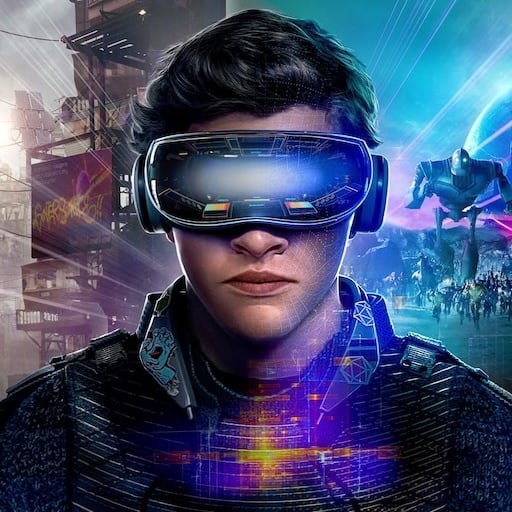A group of six whistleblowers have come forward with allegations of a cover-up of harm to children on Meta’s virtual reality devices and apps. They say the social media company, which owns Facebook, Instagram, and offers a line of VR headsets and games, deleted or doctored internal safety research that showed children being exposed to grooming, sexual harassment and violence in its 3D realms.
Isn’t VR bad for younger kids even ignoring stuff like this? (which honestly sound like the same kind of issue you get with any internet communication system, if anything I’d imagine proper moderation in a non-text context where people’s movements and real-time voice are involved to be even harder than most platforms to the point of being nearly impossible)
I could have sworn I remember some widely reported study a couple years back to the effect that a lot of VR exposure before one was like an early teenager or something had a negative effect on a kids sense of balance or similar. Was that found not to be the case at some point, or am I misremembering that?
I remember seeing something similar, but from a quick search it seems that there’s a few conflicting studies. This one says it affects balance though, I think:
The acquisition of postural control is an elaborate process, which relies on the balanced integration of multisensory inputs. Current models suggest that young children rely on an ‘en-block’ control of their upper body before sequentially acquiring a segmental control around the age of 7, and that they resort to the former strategy under challenging conditions. While recent works suggest that a virtual sensory environment alters visuomotor integration in healthy adults, little is known about the effects on younger individuals. Here we show that this default coordination pattern is disrupted by an immersive virtual reality framework where a steering role is assigned to the trunk, which causes 6- to 8-year-olds to employ an ill-adapted segmental strategy. These results provide an alternate trajectory of motor development and emphasize the immaturity of postural control at these ages.



